Walking over dusty land in the sweltering midday heat in the southern province of Basra, Karam points to his dried up carp ponds, once irrigated by the Shatt al-Arab river.
"Everything is full of salt now because of water scarcity and pollution," he said, pointing at white patches of salt crust nearby.
Upstream damming in Turkey and Iran has hit waterflows on the Tigris and Euphrates rivers which form the Shatt al-Arab river, plus dumping of wastewater and poor rainfall due to climate change have led to a drastic reduction in fish farming, experts and officials said.
Lower water levels have also increased evaporation and made the water more saline.
According to an official at Basra's agriculture directorate, Abbas Dakheel, only four authorised fish farms continued to work this year, as opposed to 15 in 2020.
"This water is green, dirty and polluted. No fish can live in this water," said Karam, kneeling down next to a pipe irrigating his pond.
Jumaa Shia, head of Basra's directorate of water resources, said the city of 1.3 million needs to share its decreasing water resources among domestic users, agriculture, the oil industry and electricity generation.
To save water, authorities have taken measures including closing down some 95 unauthorized fish farms in Basra.

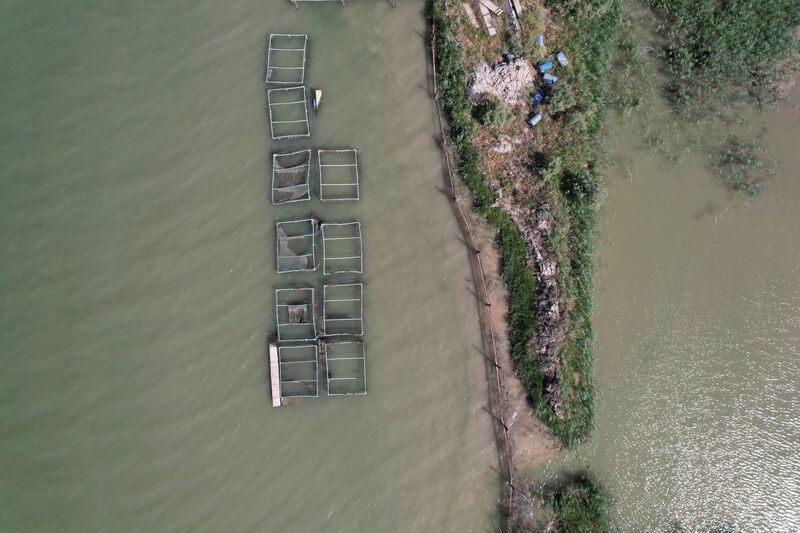
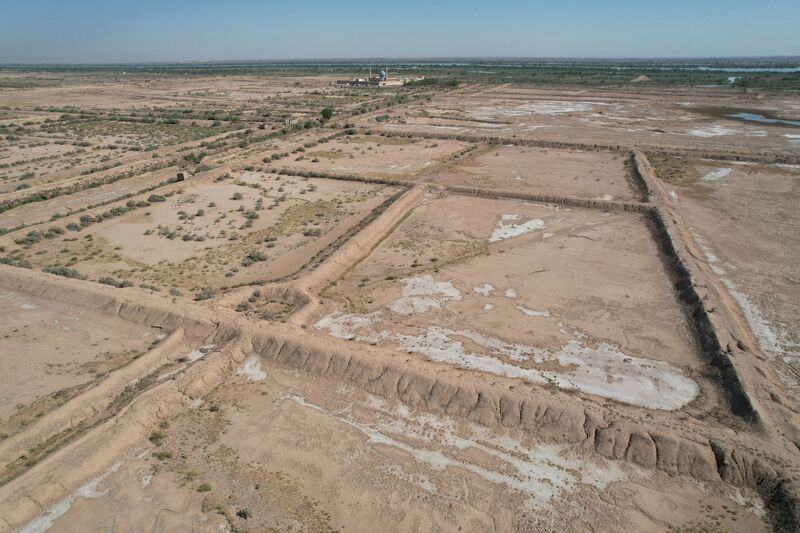
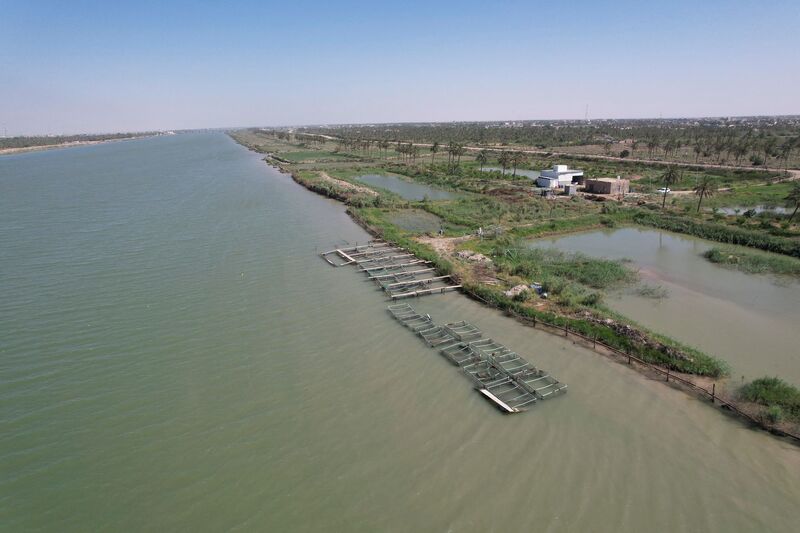
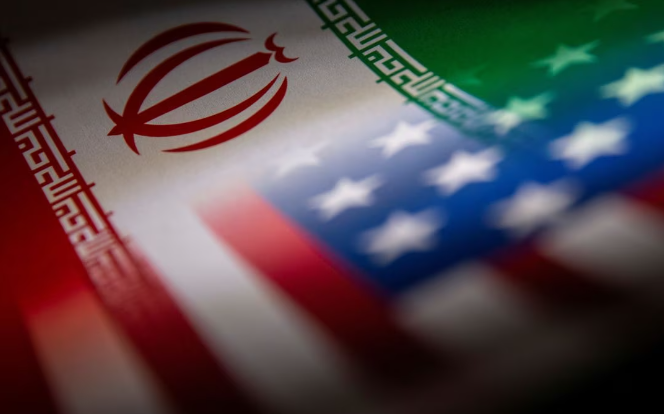
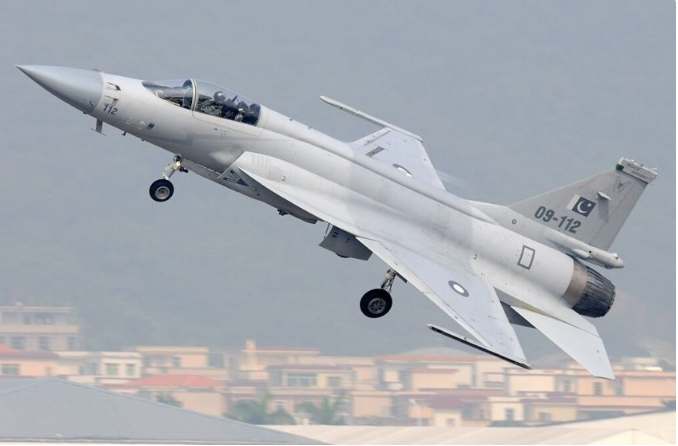

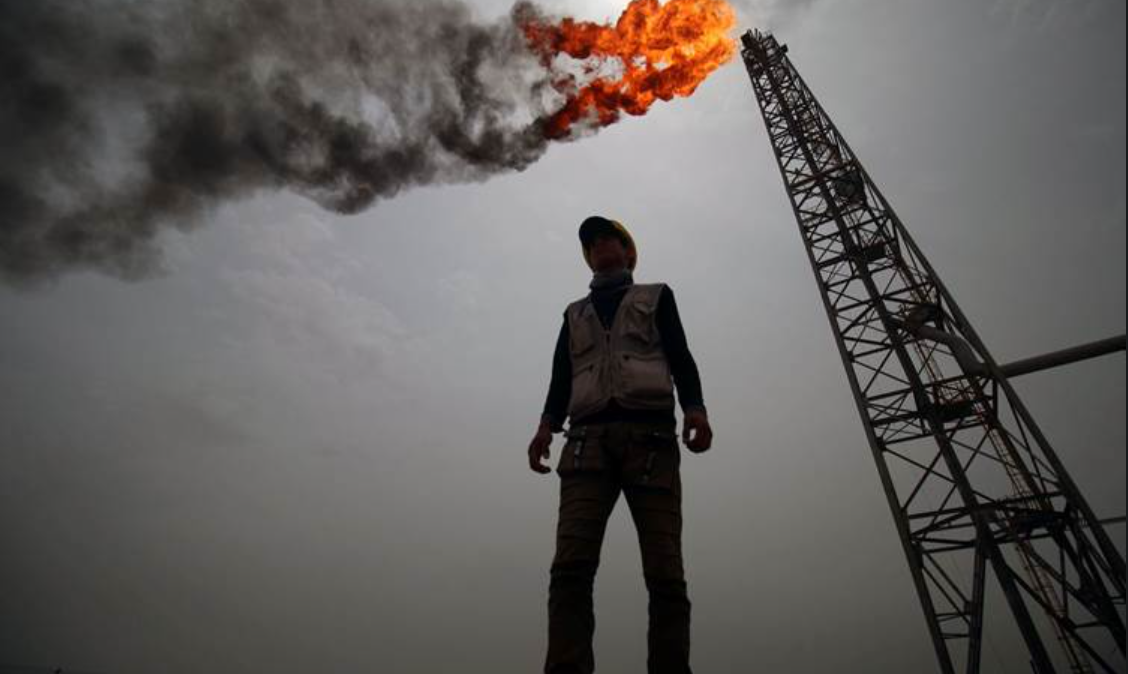
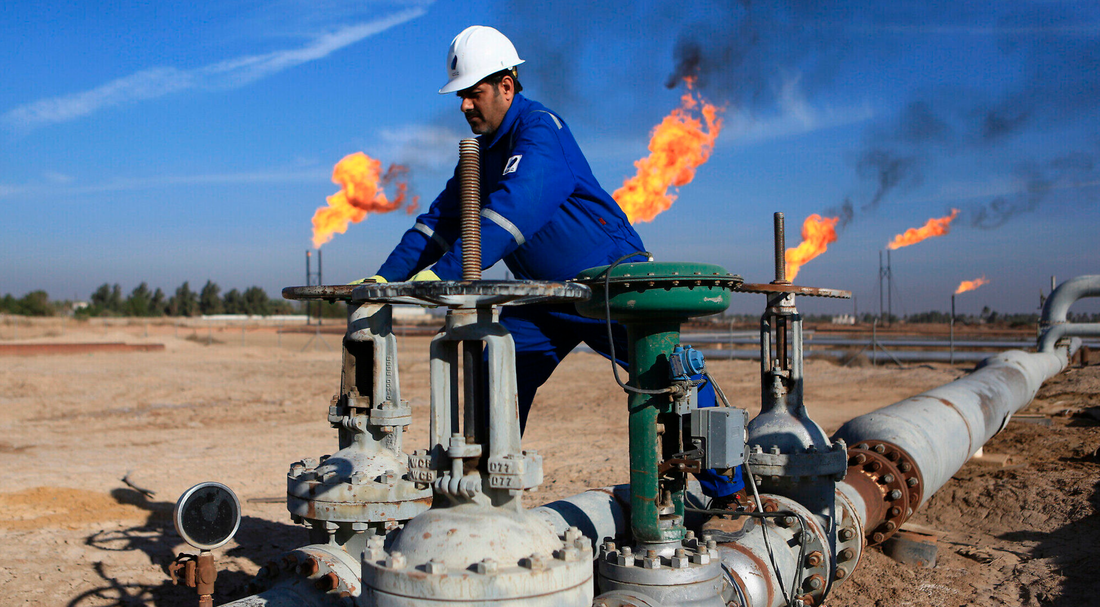
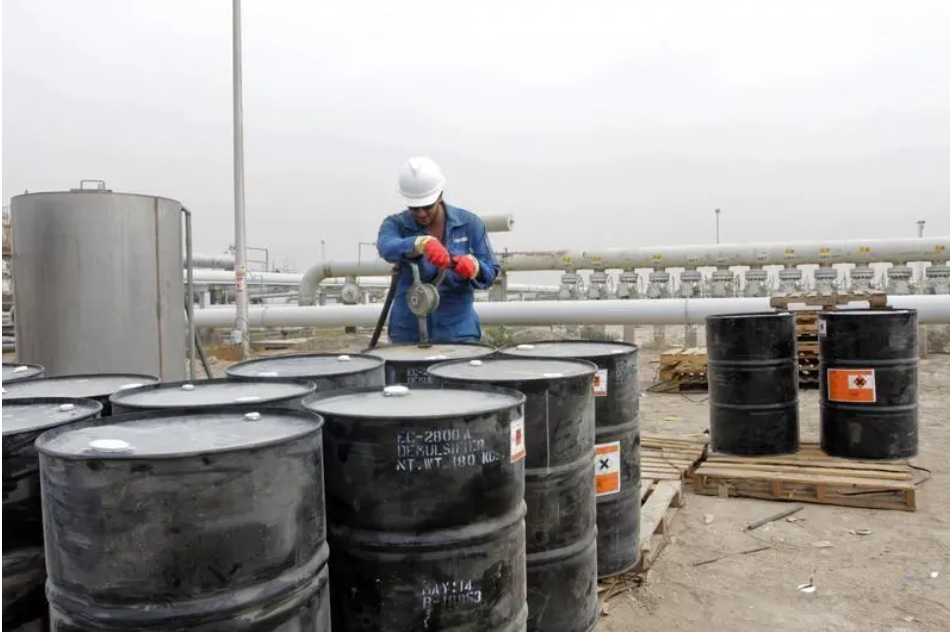

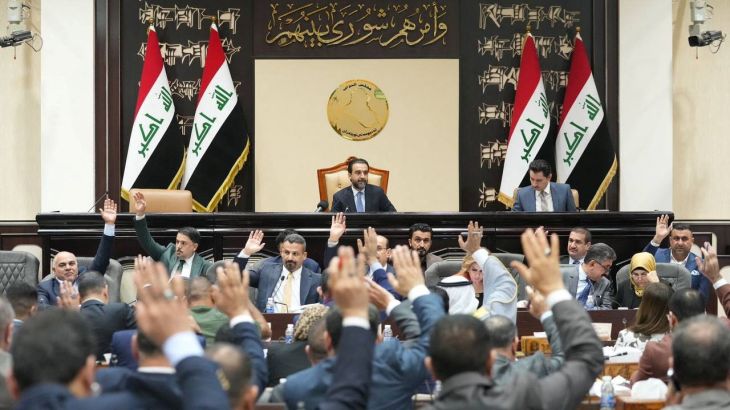
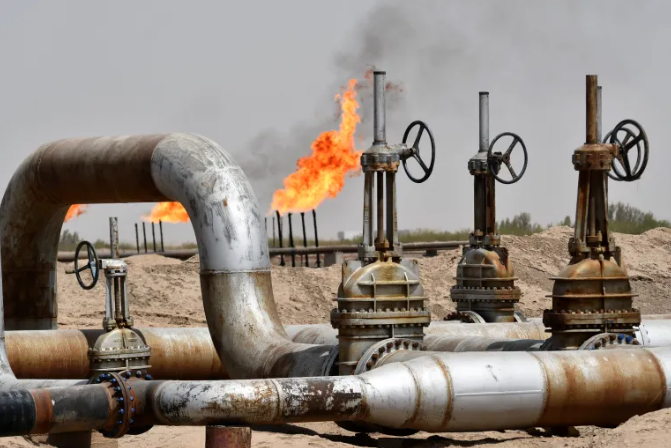
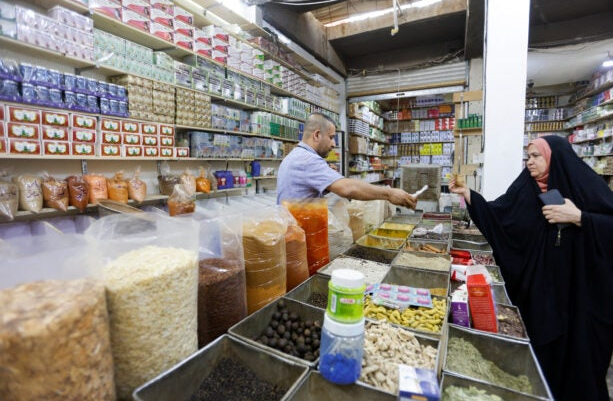
 RSS Feed
RSS Feed